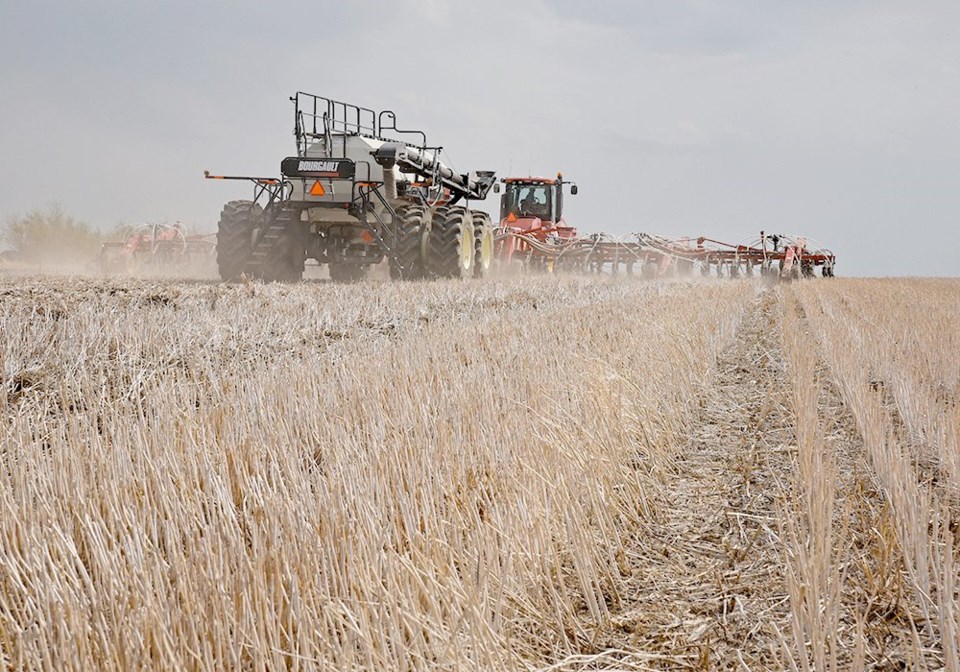WESTERN PRODUCER — Where does fake news come from? In the case of the Prairies this past week, its Saskatchewan’s provincial cabinet and a think-tank from Winnipeg. They aren’t alone. Politics and picking sides appear to be a pretty regular source of public lies designed to deceive.
In Canadian agriculture we can’t afford to be involved in fake news. We rely on our reputation for producing great products in a sustainable environment and, like it or not, we are only two out of every 100 Canadian voters and citizens. Other folks will decide for us whether we get to keep doing what we are doing or what we will have to change to meet their expectations.
How we manage other, largely urban Canadians’ opinions of us and the way we look after rural Canada is now up for continuous review. And no, it doesn’t matter who is running Ottawa.
Luckily, Canadian farmers do most things better than anyone, so our practices are easy to defend.
There is always a shred of truth in any fake news. That is what makes the false seem real. Farm land prices rose and some academics used that to justify an opinion that dairy farmers don’t need an increase in prices for their products. Every farmer knows you can’t farm without land, so its price, while one uses it, doesn’t create positive cash flow.
Another recent headline suggests that we could soon see “650,000 angry farmers descend on Ottawa.” The piece, written by a senior official at the Frontier Centre for Public Policy, repeats an oft-told lie that the federal government will cut farm fertilizer use by 30 percent, willfully reducing crop production, adding that it is “the same policy Holland’s government recently introduced.”
Fake news, folks. The feds bungled their fertilizer emissions reduction target roll out, but there is no fertilizer cut and Holland is nothing like Canada.
Fake news starts with folks hearing something they want to hear, mixed with a tiny shred of truth.
Last week Saskatchewan’s premier and environment minister provided views on what the federal environment minister said about water sampling in dugouts. The latter said federal scientists weren’t sampling for nutrient levels and they weren’t. They were sampling for pesticide residues. Now those Saskatchewan politicians are taking that bit of truth and claiming the federal minister lied. That is how fake news starts.
Canadian agriculture can’t afford fake news. These folks should leave it out of their games, because ag will end up paying the price.

